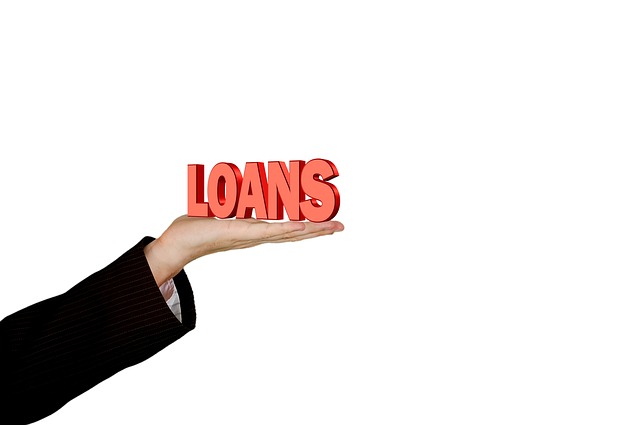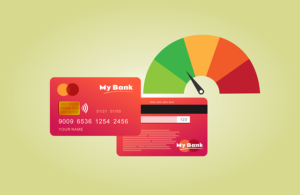If you have a lot of unsecured debt, there is no magic solution to make it all go away overnight. There are, however, a number of options for debt relief depending on your current financial situation. Debt consolidation, or consolidation loans, are one of those options. However, if you have a lot of debt, your credit has likely suffered, creating one common question. Is seeking consolidation loans with a low credit score a good option? Let’s see.
Consolidation Loans with a Low Credit Score
Your credit score is how lenders evaluate whether a consumer is a worthwhile risk for a loan. The higher the score, the higher the likelihood that a consumer will repay the loan. On the other hand, a consumer with a low credit score poses a higher risk to lenders.
Now, what does this have to do with consolidation loans? Well, consolidation loans with low a credit score can make the process more complicated and, frankly, it may not be worthwhile.
The Impact of Low Credit on Consolidation Loans
Having a low credit score can impact whether a consolidation loan is a viable option, or even if it’s worthwhile. Here are some potential issues:
- When you take out a credit card consolidation loan with a low credit score, chances are your loan will come with very high-interest rates. As we said above, the lower your score, the less favorable a consumer is to lenders. This means that consumers with a low score don’t qualify for premium interest rates. As we know, interest adds up quickly and can leave an individual with significant debt in the event they’re unable to comply with repayment terms. If you decide to follow the path of taking out consolidation loans with a low credit score, make sure your loan has a lower interest rate than your existing credit card debt. Otherwise, you won’t save any money in the process.
- When taking out a consolidation loan, you use the money from that loan to pay off outstanding debts. This means that your credit cards will now have a zero balance. That’s very tempting to a lot of consumers and often results in consumers racking up credit charges once again, leaving them in even deeper trouble than before. Because this time, you be left holding the consolidation loan as well as new credit card debt with no plan to repay it.
- Homeowners may consider taking out a home equity loan, which typically has a lower interest rate than credit cards. However, if the home equity loan isn’t paid on time, you may potentially risk foreclosure on your home.
Debt Consolidation Without a Loan
Luckily, there is another option to consolidate your debt without taking on a new, risky loan. A reputable credit counseling agency can help you consolidate your unsecured debt without borrowing more money. How? When you enter a debt management program with a nonprofit credit counseling agency like American Consumer Credit Counseling (ACCC), you consolidate your bills rather than take on a new loan.
If you’re facing a rising mound of unsecured debt, the best strategy is to consolidate it through a credit counseling agency. Instead, the agency will help you consolidate unsecured debt into one monthly payment to the agency, who will make payments to each creditor on your behalf. Your credit counselor will also with your creditors to try to reduce your interest rates and eliminate extra fees. Ultimately, a debt management program will help consumers get out of debt risk-free.
If you’re struggling to pay off debt, ACCC can help. Schedule a free credit counseling session with us today.






